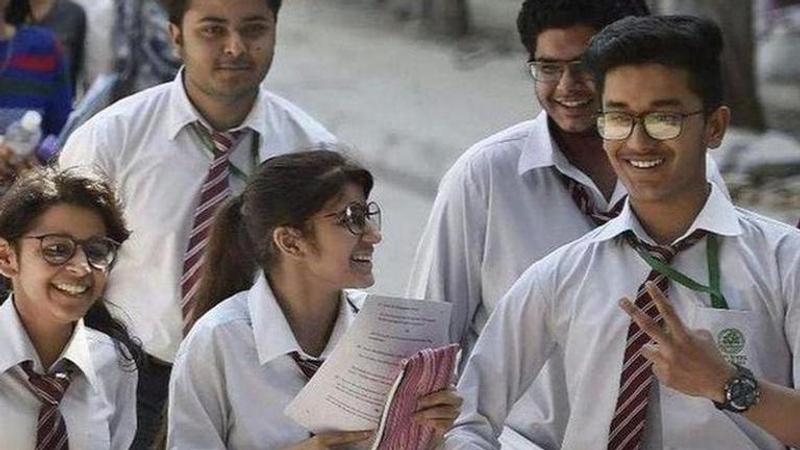Published 20:35 IST, July 29th 2020
New Education Policy: Breather for students as Board exams will now ditch rote learning
New Education Policy (NEP), 2020 moots lowering the stakes of these tests and envisages a shift from summative assessment to regular and formative assessment

The apprehensions surrounding the board exams of Class 10 and 12 among students are a regular cause of stress among them as well as their parents and teachers. The pressure to excel in terms of score builds up through the year and skews the motive of learning towards passing exams rather than absorbing knowledge.
This will likely change as the Modi government has unveiled a New Education Policy (NEP), 2020, that moots lowering the stakes of these tests and envisages a shift from summative assessment to regular and formative assessment.
The NEP aims to have a more competency-based assessment of students which promotes learning and development, and tests higher-order skills, such as analysis, critical thinking, and conceptual clarity. The progress card will be a holistic, 360-degree, multidimensional report that reflects in great detail the progress and the uniqueness of each learner in the cognitive, affective, and psychomotor domains. The progress card will include self-assessment, peer assessment and teacher assessment.
Board exams for Class 10 and 12 will be continued, but redesigned with holistic development as the aim. A new National Assessment Centre, PARAKH (Performance Assessment, Review, and Analysis of Knowledge for Holistic Development), will be set up as a standard-setting body.
Universal access to education
Other than this, the New Education Policy also aims to universalise the pre-primary education (age range of 3-6 years) by 2025 and provide foundational literacy and numeracy for all by 2025. A special National Fund will be created for providing scholarships and developing resources and facilities for students from underrepresented groups.
To reintegrating dropouts and ensure universal access to education, the NEP has set an objective to achieve access and participation in free and compulsory school education for all children in the age group of 3-18 years by 2030.
New Curricular and Pedagogical Structure
The NEP proposes changing the existing 10+2 Curricular and Pedagogical Structure with 5+3+3+4 design covering the children in the age group 3-18 years. Under this —
- Five years of the Foundational Stage: 3 years of pre-primary school and Grades 1, 2;
- Three years of the Preparatory (or Latter Primary) Stage: Grades 3, 4, 5;
- Three years of the Middle (or Upper Primary) Stage: Grades 6, 7, 8;
- Four years of the High (or Secondary) Stage: Grades 9, 10, 11, 12.
New Education Policy 2020 approved
The Modi Cabinet on Wednesday approved the much-awaited NEP, 2020, which aims to revamp all aspects of India's education system and bring it closer to the best global standards. A committee led by former Indian Space Research Organisation (ISRO) chief Dr. K Kasturirangan formed the Draft National Education Policy 2019 on the foundational pillars of 'Access, Equity, Quality, Affordability, and Accountability.' The new NEP replaces the one formulated in 1986.
One of the government's major decision is to rename the Human Resource Development Ministry as the Ministry of Education (MoE).
Updated 20:35 IST, July 29th 2020




